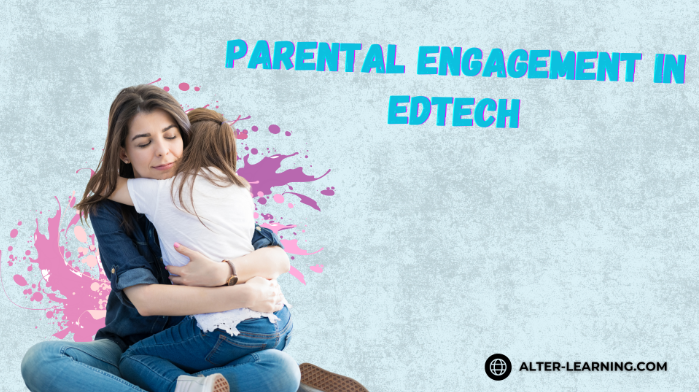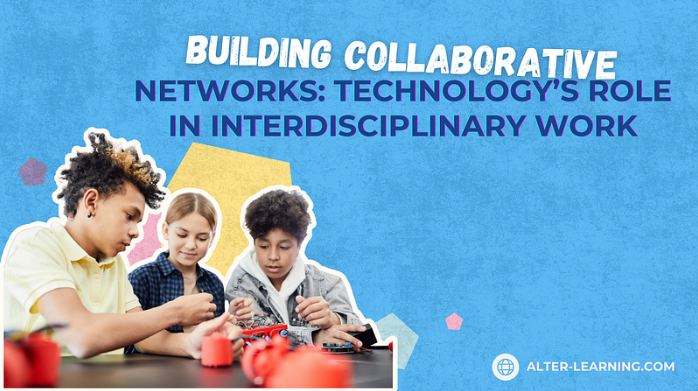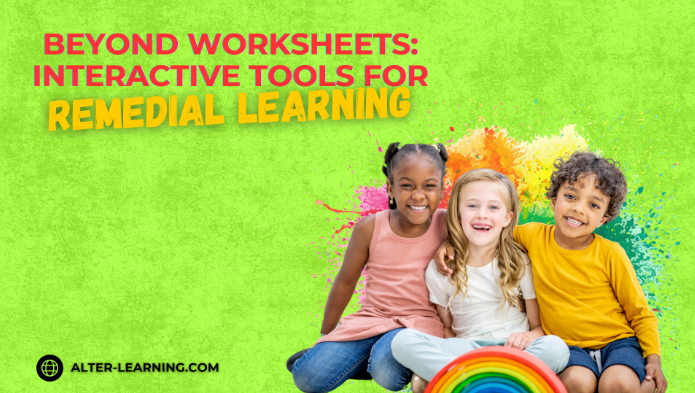When it comes to student success, parents play a critical role. Their encouragement, involvement, and support can make all the difference in how children view learning. As educational technology (EdTech) becomes more integrated into classrooms, parental engagement is evolving too. Today, parents are not just homework helpers—they can be partners in immersive digital learning.
With interactive STEAM educational games, VR education apps, and AR learning experiences, families can find new ways to connect with their children’s academic growth. Alter-Learning’s approach shows how technology can help bridge the gap between school and home, inviting parents into the learning process in meaningful and accessible ways.
Research consistently highlights that students achieve more when families are engaged. In the EdTech space, parental involvement can:
- Reinforce classroom learning by encouraging practice at home,
- Provide emotional support that boosts student confidence,
- Help monitor healthy screen time and promote balance,
- Foster conversations about learning goals, challenges, and achievements.
When parents understand the tools their children are using—such as VR math games or interactive physics simulations—they are better equipped to provide guidance and encouragement.
Making Learning Visible at Home
One of the strengths of digital platforms is that they can make student progress transparent. Through features like:
- Teacher dashboards that can be shared with parents,
- Embedded quizzes to track comprehension,
- Progress reports tied to specific curriculum goals,
- Collaborative projects that invite family participation,
parents can see what their children are working on and celebrate milestones together. This visibility helps learning feel less like a mystery and more like a shared journey.
Practical Ways Parents Can Engage
Parents don’t need advanced technical knowledge to get involved. Simple strategies can make a big impact:
- Play together: Sit with children as they explore a science game for kids or a digital art creation tool, asking questions along the way.
- Encourage reflection: After an AR biology exploration or XR educational content session, ask students to explain what they learned.
- Support balance: Help set healthy limits on screen time while still encouraging digital exploration.
- Celebrate persistence: Acknowledge effort when children tackle challenging math puzzle games or engineering challenges for students.
By engaging in small, consistent ways, parents can show that they value both the process and the outcomes of digital learning.
Bridging School and Home Through Technology
EdTech can serve as a bridge between schools and families by:
- Offering multiplayer or co-op features that promote collaboration, even across locations,
- Providing accessible design features such as audio cues or colorblind options, ensuring all children can participate,
- Using 360-degree educational videos that parents and children can watch together, sparking shared curiosity,
- Creating wellness-focused environments that help families engage in conversations about emotional intelligence and resilience.
When technology supports inclusion and accessibility, it helps families feel like true partners in their children’s learning.
Empowering Parents for the Future
Parental engagement in EdTech is not just about monitoring—it is about empowerment. By understanding tools like VR coding tutorials, immersive learning environments, and STEAM-focused creative arts software, parents can become advocates for their children’s growth.
Alter-Learning’s mission to align games with curricula, provide teacher and parent supports, and create inclusive platforms suggests that technology can be more than a classroom tool. It can be a family tool.
When parents are involved, EdTech has the potential to transform learning into something collaborative, engaging, and sustainable. Together, schools, families, and students can make education not only more effective—but more connected.
Follow Alter-Learning for more insights into immersive education, edtech success stories, and the future of learning. Want to explore how VR/AR could transform your school or learning platform? Let’s connect.




